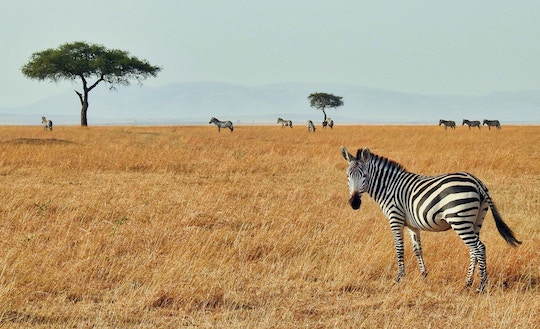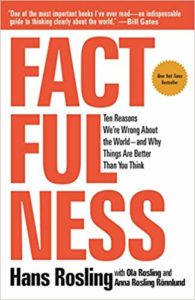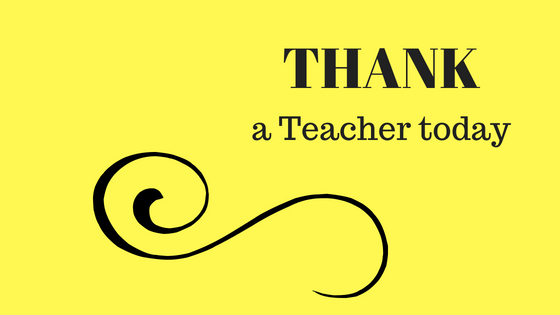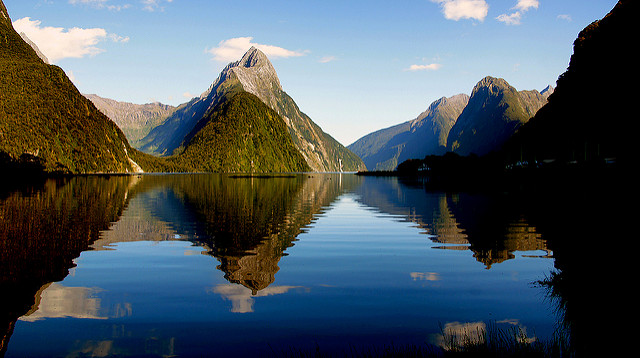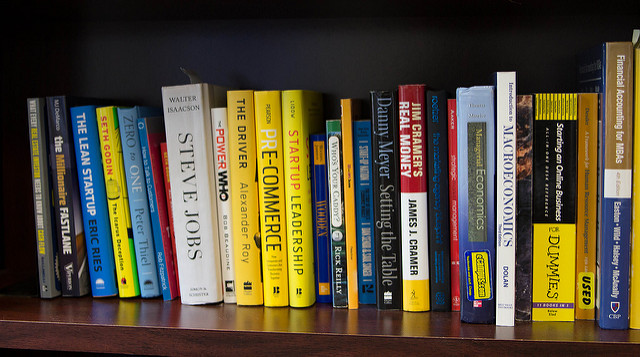“Appreciation is a wonderful thing: It makes what is excellent in others belong to us as well.”
—Voltaire, 16th Century French Writer

Image of Voltaire from Wikiquote
Voltaire lived to be eighty-four years old. Considering he was born in 1694, that is practically a miracle, given the poor sanitation levels and lack of healthcare available in Europe at the time.
Perhaps it was his considerable appreciation for the world around him that had him experience life with a sense of greater abundance and awe. With such a healthy and robust view of life, who wouldn’t keep reaching for one more day, and then another?
EXERCISE:
How might you experience and more fully appreciate everything and everyone around you in the coming days? How would such a mindful practice lead you to a richer, more fulfilling life?



